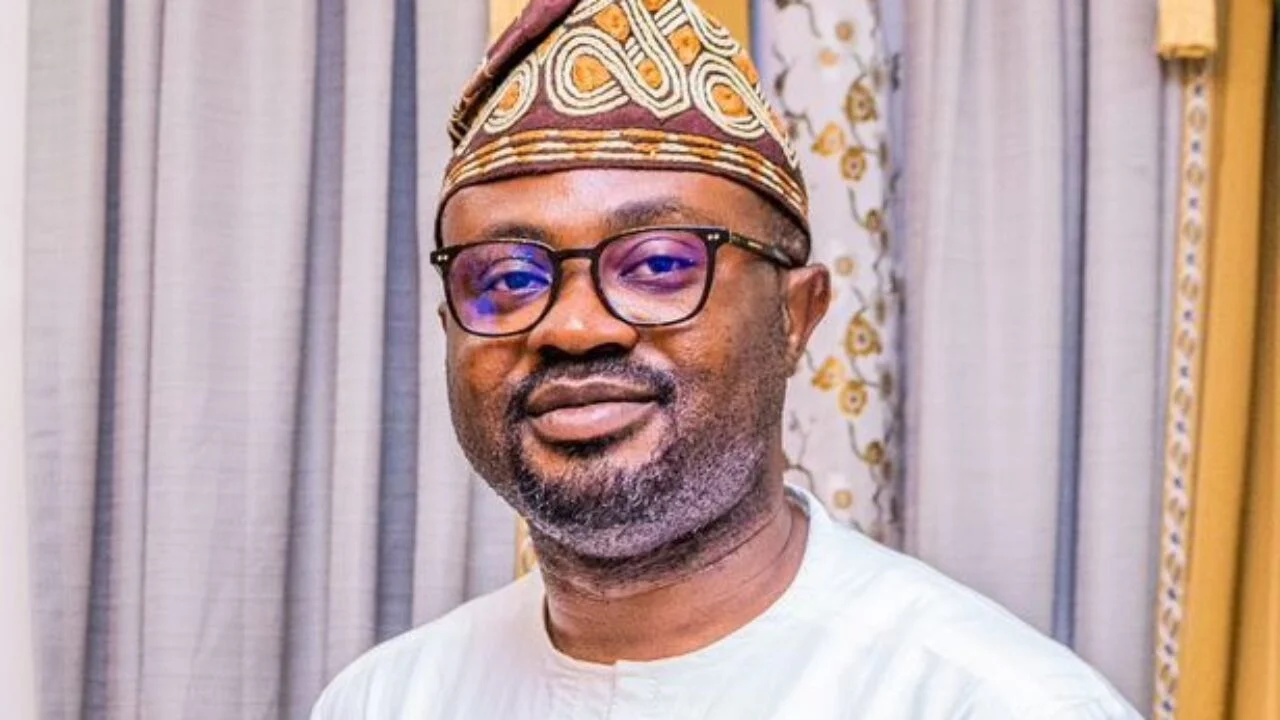
The Nigeria Customs Service, in conjunction with the International Monetary Fund (IMF), convened with maritime stakeholders to pinpoint obstacles affecting cargo clearance and propose sustainable solutions for a seamless and efficient delivery of services.
The meeting presided over by Comptroller Suleiman Chiroma at Apapa Area Command on Friday, 1 December, 2023, aimed to address challenges hindering the smooth flow of cargo clearance processes.
Comptroller Suleiman Chiroma emphasized the commitment of the Comptroller General of Customs, Bashir Adewale Adeniyi MFR, to seek assistance and make concerted efforts for a streamlined cargo clearance process.
IMF projects AfCFTA will lift 50 million Africans out of poverty
“The team has spent the past week evaluating various seaports, airports, and Customs processes. This meeting with our stakeholders is crucial to achieving a smooth and efficient trade facilitation process.” Comptroller Chiroma noted.
IMF representative Kenneth Head highlighted the significance of automation and the single window system in improving cargo clearance. The Customs Area Controller for Apapa Area Command, Comptroller Babajide Jaiyeoba, reiterated the service’s commitment to achieving a 48-hour clearance process.
Jaiyeoba stated, “Cargo clearance is a chain that requires every stakeholder to play their role diligently. We have identified the challenges and are actively working to address necessary gaps.”
Stakeholders at the meeting expressed concerns regarding delays and bottlenecks in the clearance processes. Gerald Mbamala, representing Bonded Terminal Owners, called for the welfare of officers in the Apapa environs, emphasizing the need for conducive accommodation, upgraded equipment for cargo handling, and improved access roads to the port.
Tunji Igbaugba, representing APM Terminal, suggested using API interaction to notify agents once their cargoes are cleared. He emphasized that this approach would reduce physical interaction and eliminate the paper processes involved in clearance.










